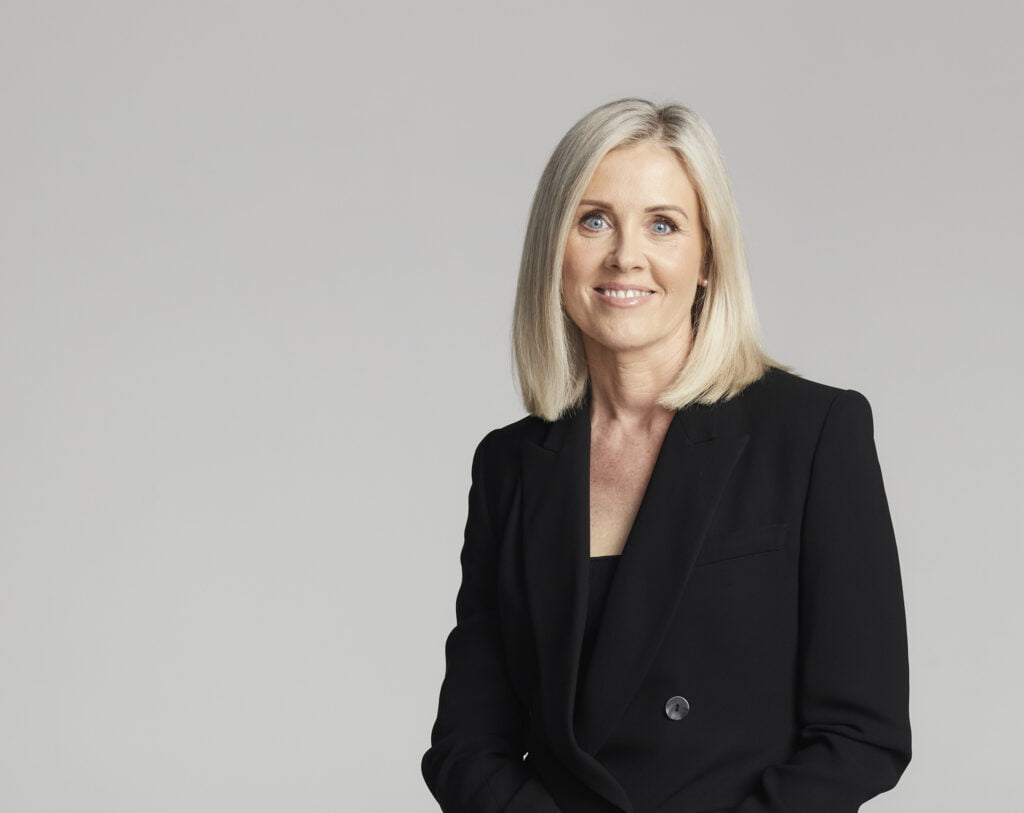"STRONGER TOGETHER" is a weekly column where Tanya explores key issues. This week Tanya discusses trying to balance the hustle of daily life and prioritising our wellbeing.
By IMPACT Community Services Managing Director Tanya O'Shea
Life is full. People are juggling and struggling to prioritise their mental health and wellbeing.

Although I advocate for and encourage my team to have a personal self-care plan, the reality is many see self-care as an additional job on their ‘to do’ list. Something creating a sense of overwhelm for people already feeling stretched.
Advocating the importance of self-care shouldn’t be a push strategy; pushing ourselves, our team, family, or friends to do things that improve their mental health and wellbeing.
Move more, drink more water, take your lunch break, disconnect from work, get enough sleep, eat food that nourishes you, take regular breaks, catch up with family and friends. These are all good strategies when applied consistently.
The research however tells us that push strategies aren’t working.
Results from a recent Deloitte study (2022) show that 1/3 employees and executives struggle with fatigue and poor mental health. This is even though people are well-intentioned, know what strategies to use and understand the importance of prioritising their mental health and wellbeing.
So, what’s the problem? If they know it’s important, what’s stopping them?
Work. And arguably not just the 9am-5pm chunk of your day when you’re on the clock. You have to get ready for work, commute, cook dinner, look after children if you have them, try to catch up with friends and ensure you have time to focus on your wellbeing. It’s a lot to cram into 24hours.
Sometimes, just pausing and reflecting on a choice you’re about to make can make the world of difference. Stop pushing for a moment to simply ask, ‘is this decision more likely to help or hinder my mental health and wellbeing?’
Will another glass of wine help me deal with the stress of a situation? Or would it be more helpful to talk with a trusted friend?
Will staying up until 2am help or hurt my chances of starting work at 8am?
Will meal-prepping on the weekend help me to fit in a walk after work?
Every day we’re faced with choices that can help or hinder our mental health and wellbeing.
Is today the time you make a different choice?
